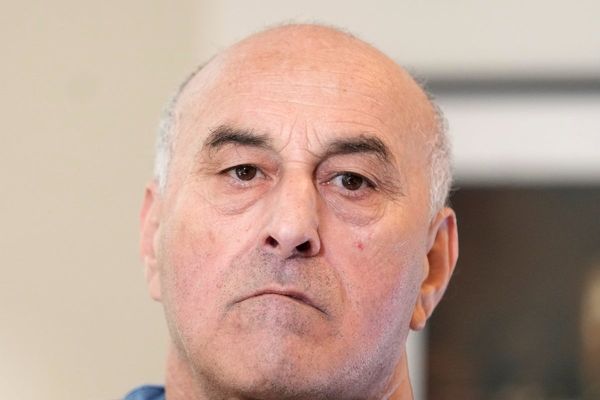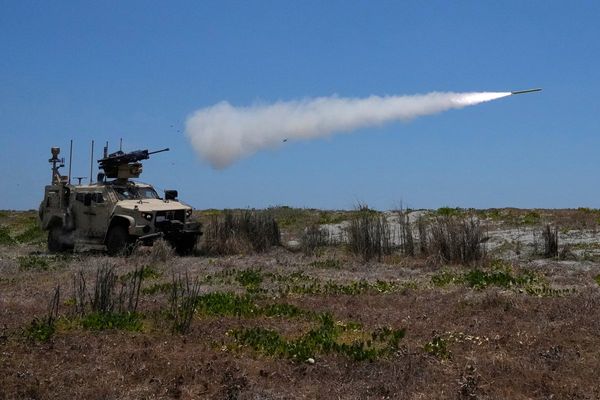
In a surprising turn of events, Anura Dissanayake emerged victorious in Sri Lanka's recent presidential election, defeating both opposition leader Sajith Premadasa and incumbent President Ranil Wickremesinghe. Dissanayake's pro-working class populist campaign resonated with the youth, leading to his triumph over the established political figures blamed for the country's economic crisis.
Born in 1968, Dissanayake's early political activism began during his school days, participating in student protests against agreements affecting Sri Lanka's Tamil minority. His involvement with the Janatha Vimukthi Peramuna (JVP) intensified during his university years, culminating in his entry into parliamentary politics in 1993.
Throughout his political career, Dissanayake navigated the JVP's evolution from armed insurrections to democratic participation. He became JVP leader in 2014 and later formed the National People's Power alliance in 2019, signaling a shift towards coalition-building.





Despite his Marxist background, Dissanayake now advocates for a free market economy while maintaining his commitment to accountability and anti-corruption measures. His pledges include improving living standards, addressing government inefficiencies, and revising economic policies to support local businesses.
However, concerns linger regarding Dissanayake's stance on issues affecting the Tamil minority, as he has rejected proposals for increased regional autonomy and war crime investigations related to the civil war. This election outcome marks a significant shift in Sri Lanka's political landscape, with Dissanayake poised to implement his promised reforms and steer the country towards economic recovery.







